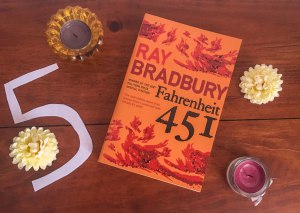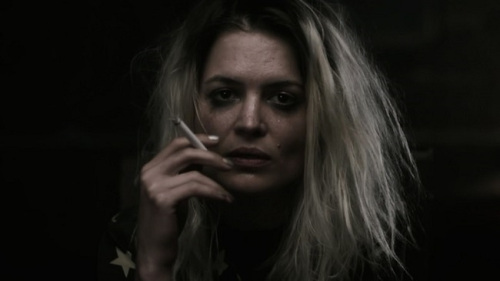While reading Twain’s The Adventures of Tom Sawyer, that many of Tom’s heroes were pirates and brigands rather struck me. In many respects, Twain well reproduces the feelings, thoughts, and thirst for adventure found among boys of Tom’s age. Yet, one cannot help but feel that the long periods of time spent without supervision and the affection for pirates is outdated. Despite The Pirates of the Caribbean series of films, pirates don’t seem to hold the imagination of Americans as they once did. Why is this the case?
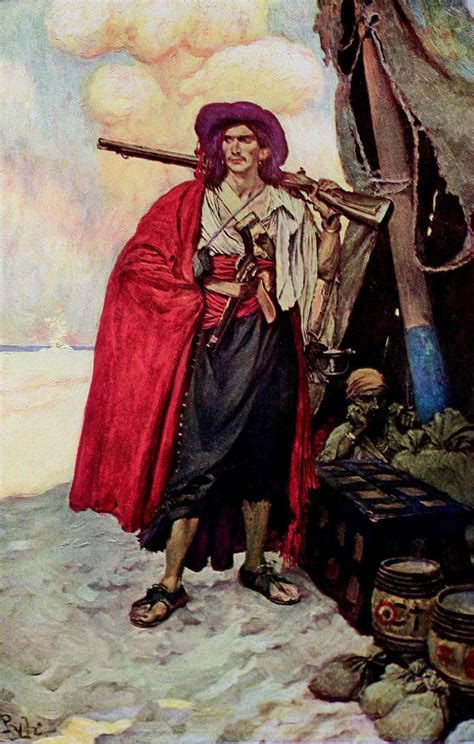
Fulton Oursler’s Father Flanagan of Boys Town (published in 1949) contains the opinion that America’s crime problems can be connected to how much the people celebrate outlaws. Children in the much more orderly society of Great Britain prefer stories about police and other persons who uphold the law. Essentially, Oursler contends that reading about outlaws encourages Americans to become outlaws themselves–in much the same way as people now argue that violent video games encourage people to be violent.
There might be a little truth to that, but the author fails to account for the fact that there are four types of law: eternal, divine, natural, and human or positive. St. Thomas Aquinas states that eternal law is unknowable for human beings save for what is revealed in revelation, i.e. divine law. So, all law derives from God, and human beings–in following the law–obey God. Yet, divine law is above natural law and natural above human law. One hopes that lawmakers look to divine and natural law in order to fashion positive law in a prudential fashion, i.e. one can’t make all sins crimes–summa ius, summa iniuria.
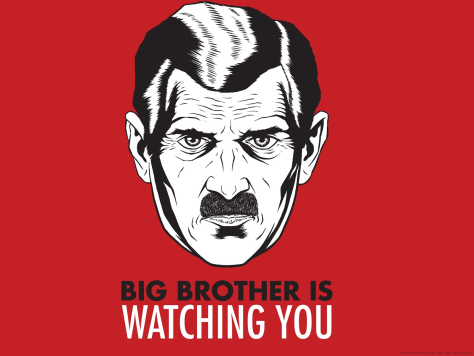
Sadly, in this fallen world of ours, not all positive law is good. I don’t really have to give examples of how tyrannies have trampled upon human rights, as they are all too well known. In Britain, Bobby may be admired and loved by British children. In Mexico, however, the police shake down civilians for bribes. In Vietnam, the police will haul citizens to jail for wrong-think. Police only deserve our respect when they do not serve as the government arm of oppression. Under oppressive regimes, the outlaw deserves all praise. A nation which becomes over-reliant on the state and the police becomes a nation of rabbits, as Alexander Solzhenitsyn dubs Russians in The Gulag Archipelago.
In the case of America, we have always had an anarchic spirit, but as anarchy dedicated to rights and liberty. We might tar and feather tax collectors or dump tea into Boston Harbor, but only because we are taxed without representation. As a Pre-Revolutionary War refrain went:
In freedom, we’re born,
And, in freedom, we’ll live.
Our purses are ready.
Steady, boys, steady!
Not as slaves, but as freemen
our money we’ll give!
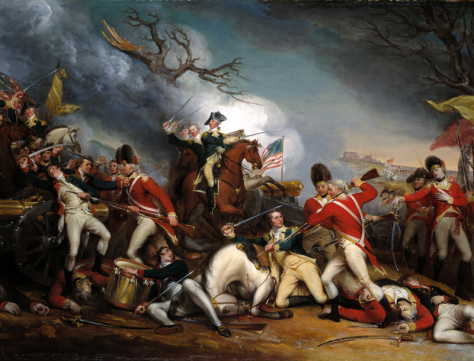
In short time, the British would dub all Patriots as outlaws and traitors. In the same way, the North dubbed the South as a country of rebels and traitors. In all cases, one must cling to what one believes is right despite what the government calls you. If your government is good, so much the better: you can retain your rights in peace. If it’s tyrannical, one could do worse than to hoist the black flag against a tyrant. If there is one good lesson pirates have to teach, it lies in that people can survive not only without the government but opposed to it. One’s manhood counts for something even if not rewarded or supported by the state. But, ’tis true, that and daring might be the only good lessons offered by pirates!
Advertisements Share this: